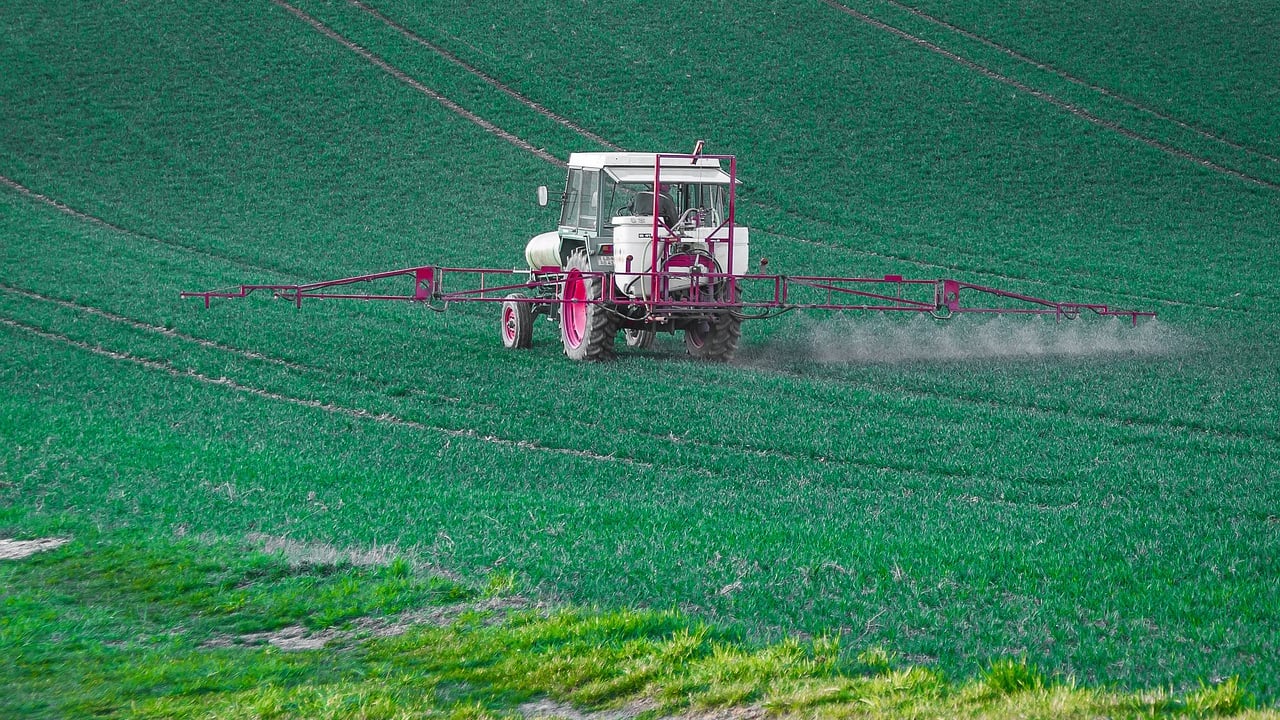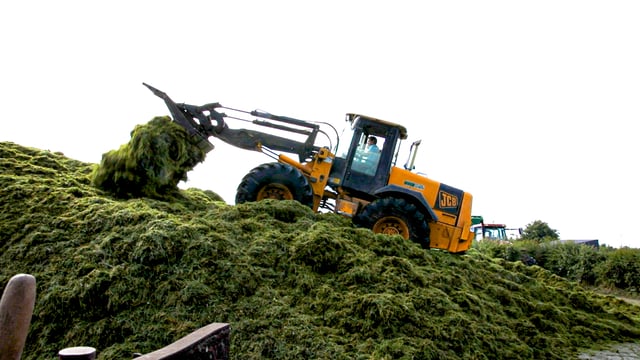PAN Europe calls for action to 'save our drinking water'
The European Pesticide Action Network (PAN Europe) has called on the European Commission to take immediate action to ban PFAS pesticides in order to "save our drinking water".
This week (May 14 -15) EU member states are meeting behind closed doors to discuss a ban on flutolanil, one of the PFAS pesticides that release trifluoroacetic acid (TFA).
This reprotoxic "forever chemical" contaminates drinking water resources and plant-based food across the EU.
According to PAN Europe, the European Commission presented a legislative proposal to ban flutolanil in December (2024), but the decision has been stalled due to the failure of member states to reach an agreement.
Environmental chemist and PAN Europe member, Helmut Burtscher-Schaden said: "Recent tests of European wines have revealed worryingly high and rising levels of TFA. This should serve as a clear wake-up call, political indecision must not be allowed to further endanger public health."
PAN Europe claims that flutolanil breaks down into TFA, a harmful and persistent pollutant that exceeds legal limits in groundwater for pesticide approvals.
It believes that a ban on flutolanil is crucial, as it sets a precedent for the regulation of the remaining 30 PFAS pesticides, all of which contribute to TFA pollution, and that failure to act would mean accepting the continued and unacceptable rise of TFA contamination in our drinking water and food.
Policy officer at PAN Europe, Salome Roynel said: "EU law demands a ban on such substances, yet member states continue to delay action. They must now take responsibility and support its ban."
Pesticides
Last month (April 2025), Uisce Éireann confirmed that 66 pesticide exceedances were detected in public drinking water supplies in Ireland last year, compared to 52 exceedances in 2023.
In 2024, the national water utility carried out 34,000 analyses of samples from public drinking water supplies.
The number of pesticide exceedances in public drinking water supplies in Ireland has decreased significantly since 2017, by more than 50%.
While the overall compliance rate remains very high, Uisce Éireann said that all stakeholders must make sustained efforts and be vigilant to protect drinking water quality.











